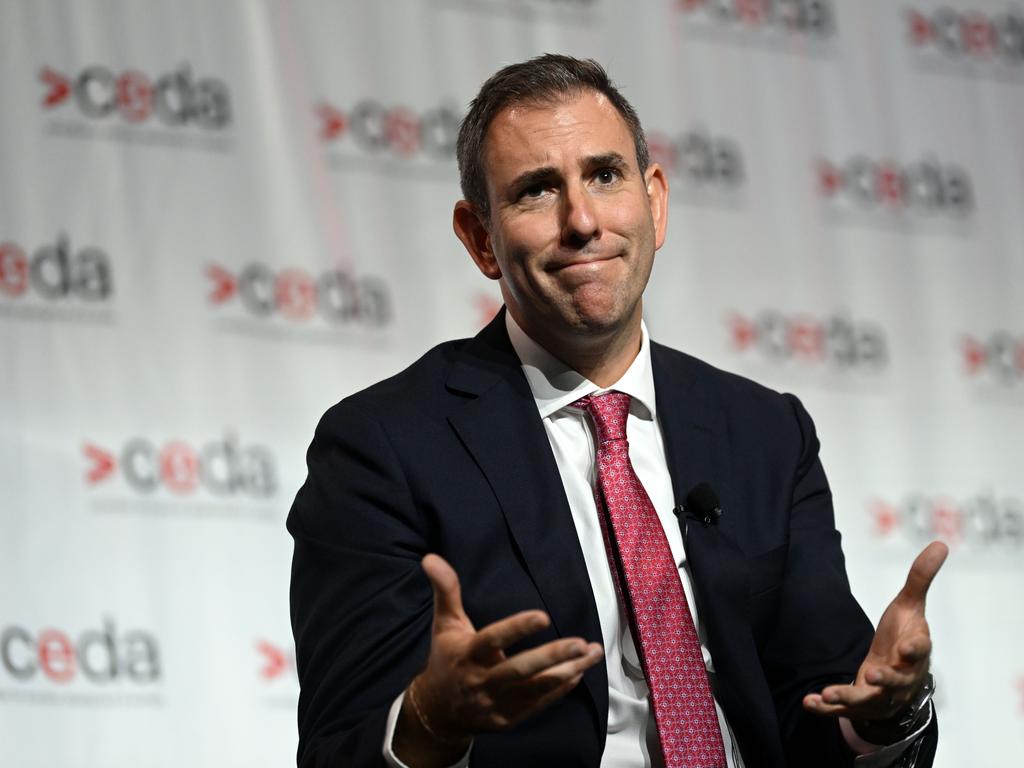Give nurses and pharmacists a bigger role: Productivity Commission
A new report offers a solution to the shortage of workers to care for the nation’s frail old aged and people with disability.

Governments have created barriers to productivity across the nation’s burgeoning care economy by legislating innovation-stifling staff-to-client ratios and inefficient activity-based funding models in healthcare, the Productivity Commission warns.
Another anchor on national productivity is healthcare professionals such as nurses and pharmacists being restricted from undertaking straightforward tasks such as some diagnoses and dispensing low-risk medications, which would save taxpayers’ money and free up GPs to do more complex work, it says.
In its new five-year report, the commission also offers a policy solution to the significant shortfall in workers available to care for the nation’s frail old aged and people with disability, calling for a pilot of a new special permanent visa for overseas care workers.
The Advancing Prosperity report notes that “non-market services” including health, aged care, disability and education comprise a growing portion of the federal budget, but are not being driven to innovate because the government is often both the primary funder and regulator.
“A lack of competition and contestability (in these services) can mask underperformance and the freedom to innovate and the sharing of new approaches can be limited,” the 1000-page report says.
The commission has provided a range of recommendations to drive more efficient delivery of services in the care economy. One is having an adequate, suitably qualified and appropriately remunerated aged care and disability care workforce. It recognises some workers will have to come from overseas, at least until higher wages in the sector start to build a larger domestic workforce.
“The Australian Government should introduce a pilot of a special permanent visa subclass for occupations … largely funded by government, such as aged and disability care,” it says.
“(This) specialist visa stream for caring skills … would set a lower wage threshold than recommended by the Commission for other skilled visas. (And it should) include a condition that the applicant remain employed in the relevant sector for four years.”

The commission notes that parts of the “non-market sector, including disability and aged care, are highly labour intensive, involving personalised services (where) it can be difficult to achieve big gains in labour productivity.”
But governments had not helped themselves by introducing policies that stifled productivity improvements, it says.
“There are barriers governments have erected specifically — and seemingly without fully understanding the potentially large impact of unintended outcomes — in these occupations.
“These include innovation-inhibiting restrictions, such as minimum staff-to-client ratios that discourage consideration (let alone adoption) of labour-saving technology in the care workforce, and poorly designed activity-based funding models, which reward outputs rather than outcomes in hospitals,” the commission says.
Driving efficiency for taxpayers in the health system, one of the largest spending areas of the federal and state governments, is important to overall national productivity, and could be bolstered if practitioners were operating “on the boundary of their licence”, the commission says. But too many were stuck doing tasks other less qualified professionals could easily do.
It calls for nurse practitioners to be authorised to do more diagnosis and prescribing services, and for pharmacists to have greater scope to prescribe low-risk medications and undertake vaccinations, as is currently the case in some jurisdictions.
An ageing population is creating a workforce crunch in aged care, with recent estimates the sector will be over 100,000 workers short in a decade. Shortfalls also exist for disability care workers. New mandatory nursing and care hours currently being rolled out in residential aged care facilities is ramping up that pressure.
The Fair Work Commission has awarded aged care workers a 15 per cent pay increase, that the government has committed to covering, though in two tranches over the next two years. The workforce impact of those wage increases remains unclear.
More Coverage








To join the conversation, please log in. Don't have an account? Register
Join the conversation, you are commenting as Logout